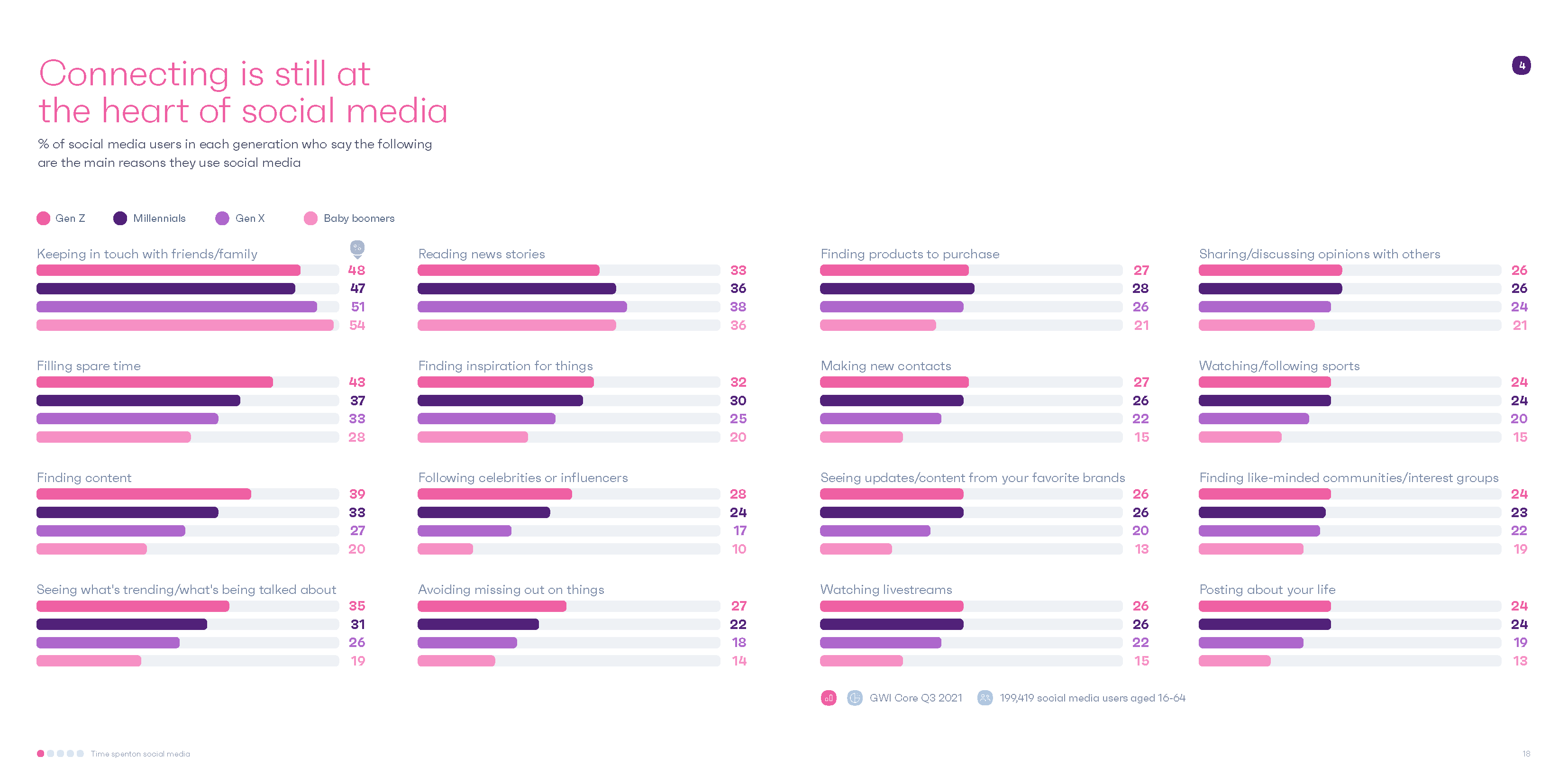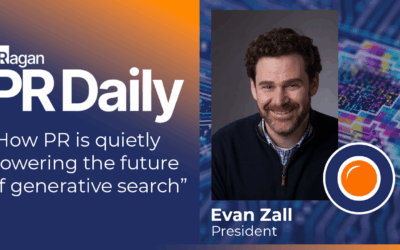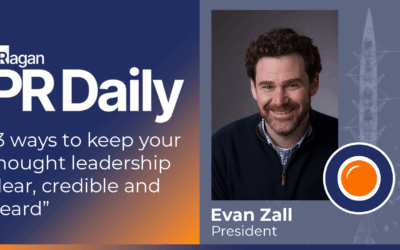From #girlboss to #mossgirl. Many Gen Z and Millennials are eschewing the ideas of living for the grind and instead prioritizing work-life balance and sustainability. For marketers to reach these groups, you need well-designed content on the right platforms that genuinely reflects your company’s ESG efforts and supportive culture.
Companies that don’t integrate this shift into their marketing efforts risk alienating future customers and losing out on talent. Millennials are the largest workforce in US history.
Here are three ways to shift your strategies to engage these key demographics.
#DumbWaystoDie
‘Dumb Ways to Die’ was a recent Instagram and TikTok hashtag, which made for some pretty fun, if entirely cringy, videos about poor decision-making. From  waking a high-strung dog out of a nap to bridge-jumping into mysterious waters, there are many light-hearted and entertaining dumb ways to die. What does this have to do with corporate marketing, you may ask? Unfortunately, it’s what you’re competing with.
waking a high-strung dog out of a nap to bridge-jumping into mysterious waters, there are many light-hearted and entertaining dumb ways to die. What does this have to do with corporate marketing, you may ask? Unfortunately, it’s what you’re competing with.
When you’re looking to reach the younger workforce, your communications vie for time against toddlers tripping over soccer balls and cats hiking with huskies. This means you must carefully select the platforms, strategies, and type of content you’re creating to ensure it’s tailored to your target audiences.
To Reach Millennials, Best Practice Says:
- Platforms: Instagram and Facebook are the strongest bets – followed by Youtube, TikTok, LinkedIn, and Twitter (Hubspot Social Trends 2023).
- Motive: The top three reasons they visit these sites are to keep in touch with family and friends, read the news, and kill time. Therefore, crafting content that speaks to one of these three motives will help you reach them (GWI).
- Content: videos, videos, videos. Other content can help, but you can get a lot of attention through short videos (less than 60 seconds).
To Reach Gen Z Best Practice Says:
Your job could be increasingly difficult, but still worthwhile considering their market-share. Of internet users, 37% of Gen Z say they’re concerned about how much time they spend on social media, and 24% say they use social less than they used to (GWI). This means the onus of creating compelling content is a little weightier to reach their increasingly limited time.
- Platforms: Instagram and Facebook are still the strongest platforms, with Youtube, TikTok, LinkedIn and Twitter following.
- Motive: The top three reasons they visit these sites are to keep in touch with family and friends, kill time, and find trending content. This last reason differs from Millennials, giving marketers a better opportunity to reach Gen Z through trending content.
- Content: It’s still videos. However, in addition to short videos, Gen Z is an online learning cohort, meaning they’re also looking for longer-form tutorial-type videos (20 minutes).
Content format and platform choice significantly impact brand awareness and sentiment among Gen Z and Millennials. But once you know how to find these audiences, you need to think about what you’re telling them and how it’s different from previous generations.
(Source: GWI)
Rethinking Consumption
From ESG investing to raising chickens, interest in more sustainable living drives many in these generations.
According to a Morgan Stanley study, 86% of Millennials are interested in pursuing sustainable investments, and as of 2020, they’d already contributed $51.1 billion to sustainable funds (Nasdaq).
Gen Z is pretty similar, 40% of their investment decisions are driven by ‘companies with a purpose’(Nasdaq).
Not only are both these groups putting their money towards sustainability, but they’re also spending their time on the topic. According to a Pew Research survey, almost half of Millennials (40%) and Gen Z (45%) have engaged on social media with content on the need for climate action.
To Reach Millennials and Gen Z Best Practice Says:
Companies prioritizing sustainability will be in a stronger marketing position to attract these generations. However, the risk of greenwashing (accidently or intentionally) is real, so you need to be deliberate about your actions.
You cannot just talk about it, you have to consistently do the work. Conduct a materiality assessment, make plans to improve your sustainability position, set goals, talk about your real progress, and be transparent.
Developing and sharing compelling content that accurately reflects your company’s earnest sustainability efforts will be key to attracting Millennial and Gen Z attention.
Invest In Your Team’s Well-Being
As Mental Health Awareness Month ends, it’s even more essential for us to bring up this critical topic to be aware of in marketing and operations. A recent Deloitte Globalsurvey found that “41% of Millennials and 46% of Gen Zs shared that they feel stressed or anxious most or all of the time.”
Mental health is a huge concern for these generations and employers have to become more mindful and supportive than with older generations.
Baby boomers are 59% less likely to seek therapy than Gen Z (81% versus 33%), and 75% of Millennials are likely to say their therapist helped them cope during the pandemic (Value Penguin).
To Reach Millennials and Gen Z Best Practice Says:
In our experience, culture posts perform very well on social media. They’re really the center of the Venn Diagram where corporate marketing overlaps with what people look for on social. So, it’s a golden opportunity to thoughtfully market a company culture that prioritizes employee well-being.
Photos and videos of how your company encourages work-life balance can really shine across social platforms. The next event you have, grab some photos that highlight how you:
- Encourage healthy choices (non-alcoholic options at gatherings, outdoor or fitness-inspired get-togethers, etc.)
- Support and employ strong parental leave policies
- Offer flexible hybrid work structures that fit employees lives
- Promote a culture of taking lunch breaks or leaving at 5 PM
- Provide access to or coverage of mental health resources like telehealth
Move Over Boomers
As more Millennials move into management positions and Gen Z becomes more integrated into the workforce, how we operate and market our companies has to change.
If you center your company around the principle of being a good global force, you’ll be on the right path to building a strong marketing strategy to reach these key audiences. If you want help to kickstart this process – reach out – we’re always happy to talk.





